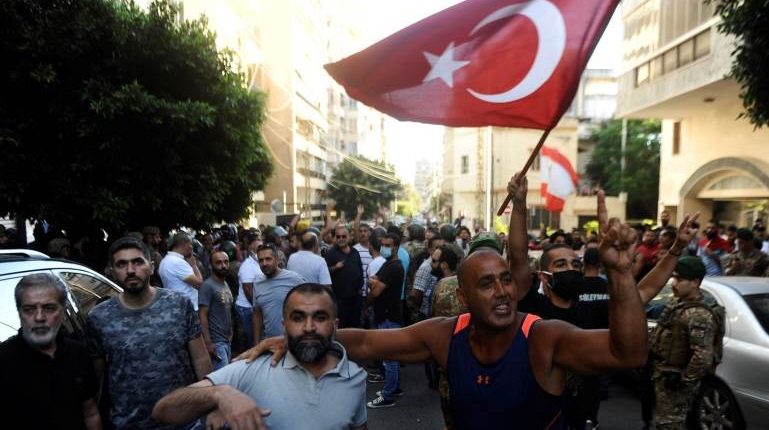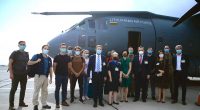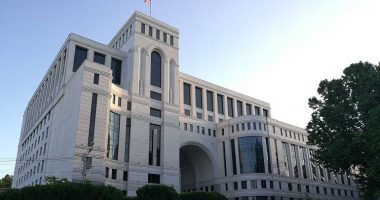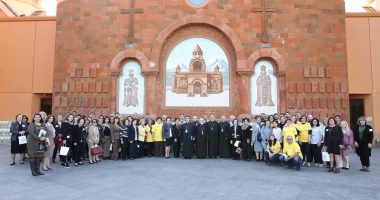The situation in Lebanon continues to be a concern as the country is going through turbulent times. As a result of the recent economic downfall and the rapid collapse of the Lebanese currency, the country is facing a major crisis for which there are no solutions in sight, due to many internal and external factors.
The economic crisis was compounded by the Covid-19 pandemic, which created new challenges for the authorities to deal with. Popular discontent and street protests have already toppled one government and are now threatening the second one. The initial peaceful marches have recently become more and more violent, with clashes not only between protesters and security forces, but also among various Lebanese factions. The country’s traditional leadership is making every effort to avoid a new civil war.
As to be expected, the Lebanese-Armenians are not immune from what is happening around them. The economic crunch is affecting the entire population and the Armenian organizations are doing their best to help the poorer segments of the community. The situation is also dire for the Armenian educational and other institutions.
Along with all these concerns, suddenly, the community is now facing a new phenomenon that came to light last week. An anti-Armenian hate speech was posted on the Internet, where a person representing a pro-Turkish organization was angrily justifying the Armenian Genocide with the most vulgar expressions. This was followed by an inner-city demonstration with the Turkish flags and anti-Armenian slogans.
The leadership of the Armenian community has suspicions that the Turkish embassy in Beirut is behind these actions, aiming to draw the Armenians into the factional conflicts of Lebanon, something the community has been trying to avoid since the start of the civil war in the seventies.
The current foreign policy doctrine of the Turkish government is based on expending its sphere of influence throughout the Arab world. President Erdogan is succeeding in implementing this policy, especially in places where there are internal instabilities and civil wars. Currently, the Turkish army is involved in Syria, Libya and Iraq, where it is actively participating in military operations, directly or through proxies. Lebanon is one of the countries with unstable governmental structures, and Turkey is attempting to aggravate the internal situation there, to find a way to intervene in yet another Arab country’s domestic affairs.
A few days ago, an official statement was published in Ankara, indicating that the Turkish president has held a five-hour special meeting with his advisors, to discuss the ways by which to counter the Armenian Genocide recognition and the campaign against the Armenian Lobby. This comes to confirm that Turkey is deeply concerned about its failures on the Armenian front and considers Lebanon as one of the “battlegrounds” where the anti-Armenian campaign has to be fought.
At the same time, it was noteworthy the announcement made by Foreign Minister Zohrab Mnatsakanyan. Speaking in the Armenian Parliament he affirmed that Armenia could not remain indifferent to the difficulties the Lebanese-Armenians are facing and was in constant contact with the community organizations.
These recent developments make it clear that the map of the Armenia-Turkey strategic conflict has expanded considerably, from the Caucasus to the Diaspora, in which the Lebanese-Armenian community continues to play an important role, and for that reason it is targeted by the Erdogan government.
“MASSIS”











1 comment
Creo que El Líbano desaparecerá al igual que el estado Palestino. Y, además, creo que hay un acuerdo en ese sentido con Israel.